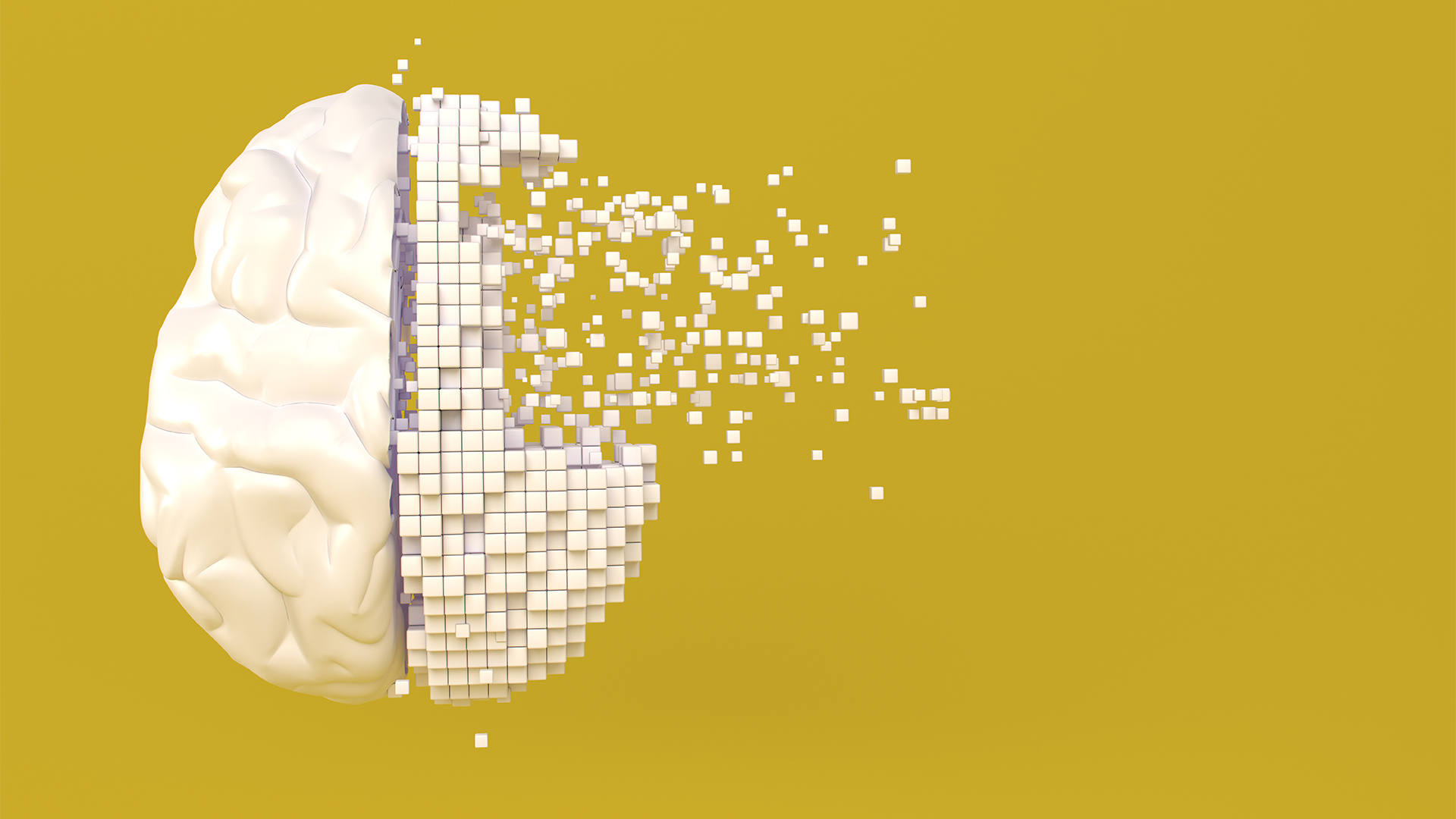Microsoft says AI tools such as Copilot or ChatGPT are affecting critical thinking at work – staff using the technology encounter 'long-term reliance and diminished independent problem-solving'
AI tools might be convenient for workers, but there's a risk they'll become too reliant in the future


Using generative AI at work may impact the critical thinking skills of employees — and that's according to Microsoft.
Researchers at Microsoft and Carnegie Mellon University surveyed 319 knowledge workers in an attempt to study the impact of generative AI at work, raising concerns about what the rise of the technology means for our brains.
Concerns about the negative impact are valid, the report noted, with researchers pointing to the “deterioration of cognitive faculties that ought to be preserved”.
That referenced research into the impact of automation on human work — which found that depriving workers of the opportunity to use their judgement left their cognitive function "atrophied and unprepared" to deal with anything beyond the routine.
Similar effects have also been noticed with reduced memory and smartphones, and attention spans and social media users.
"Surprisingly, while AI can improve efficiency, it may also reduce critical engagement, particularly in routine or lower-stakes tasks in which users simply rely on AI, raising concerns about long-term reliance and diminished independent problem-solving," researchers said.
The study noted that users engaged in critical thinking mostly to double check quality of work, and that the more confidence a worker had in the generative AI tool in question, the less likely they were to use their own critical thinking to engage with their work.
Get the ITPro daily newsletter
Sign up today and you will receive a free copy of our Future Focus 2025 report - the leading guidance on AI, cybersecurity and other IT challenges as per 700+ senior executives
"When using GenAI tools, the effort invested in critical thinking shifts from information gathering to information verification; from problem-solving to AI response integration; and from task execution to task stewardship," the research found.
Researchers said more work was needed on the subject, especially because generative AI tools are constantly evolving and changing how we interact with them.
They called for developers of generative AI to make use of their own data and telemetry to understand how these tools can "evolve to better support critical thinking in different tasks."
"Knowledge workers face new challenges in critical thinking as they incorporate GenAI into their knowledge workflows," the researchers added. "To that end, our work suggests that GenAI tools need to be designed to support knowledge workers’ critical thinking by addressing their awareness, motivation, and ability barriers."
Reliance on AI tools could become a big problem
All of this is a problem as Microsoft has pushed its AI-powered Copilot tools into its wider software package, a trend across the wider industry — though some workers are sneaking it into their companies without explicit approval, too.
RELATED WHITEPAPER

Beyond cutting costs, one of the long cited assumptions about AI is that it could remove routine tasks from day-to-day work — helping employees do less drudgery and shift to more creative work.
Achieving that requires finding the right balance between fully automated tasks, those with a human in the loop, and wholly human work.
Research from Stanford has suggested workers are more effective and productive working alongside an AI assistant, but also found we easily slip into overreliance on such tools, sparking compliance or too much trust in the technology.
MORE FROM ITPRO
Freelance journalist Nicole Kobie first started writing for ITPro in 2007, with bylines in New Scientist, Wired, PC Pro and many more.
Nicole the author of a book about the history of technology, The Long History of the Future.
-
 Questions raised over AI’s impact as studies tout conflicting adoption outcomes
Questions raised over AI’s impact as studies tout conflicting adoption outcomesNews Two reports highlight the difficulty of judging the impact of AI on jobs, productivity, and wages
-
 Sick and tired of spreadsheets? Perplexity’s new tools can help with that
Sick and tired of spreadsheets? Perplexity’s new tools can help with thatNews Perplexity Labs is available now for Pro subscription users
-
 Meta faces new ‘open washing’ accusations with AI whitepaper
Meta faces new ‘open washing’ accusations with AI whitepaperNews The tech giant has faced repeated criticism for describing its Llama AI model family as "open source".
-
 Agentic AI is coming for customer service jobs
Agentic AI is coming for customer service jobsNews A report from Cisco shows the agentic AI shift is coming “faster than anyone anticipated”
-
 ‘Using generative AI as a copilot is the sweet spot’: A look at Nationwide’s AI approach
‘Using generative AI as a copilot is the sweet spot’: A look at Nationwide’s AI approachCase study Nationwide Building Society is expanding its use of generative AI in 2025, with the core focus of making the lives of its staff easier
-
 “Public trust has become the new currency for AI innovation”: Why SAS is ringing the alarm bell on AI governance for enterprises
“Public trust has become the new currency for AI innovation”: Why SAS is ringing the alarm bell on AI governance for enterprisesNews Demonstrating responsible stewardship of AI could be the key differentiator for success with the technology, rather than simply speed of adoption
-
 SAS wants its AI agents to supercharge workers, not replace them
SAS wants its AI agents to supercharge workers, not replace themSAS has announced a new agentic AI service aimed at helping enterprises deploy agents alongside domain-specific AI models.
-
 “Governance is an irreplaceable role”: Microsoft Security VP on why diversity and sector expertise will keep security workers relevant in the age of agentic AI
“Governance is an irreplaceable role”: Microsoft Security VP on why diversity and sector expertise will keep security workers relevant in the age of agentic AINews Improved AI skills and a greater focus on ensuring agents are secure at point of deployment will be key for staying ahead of attackers

